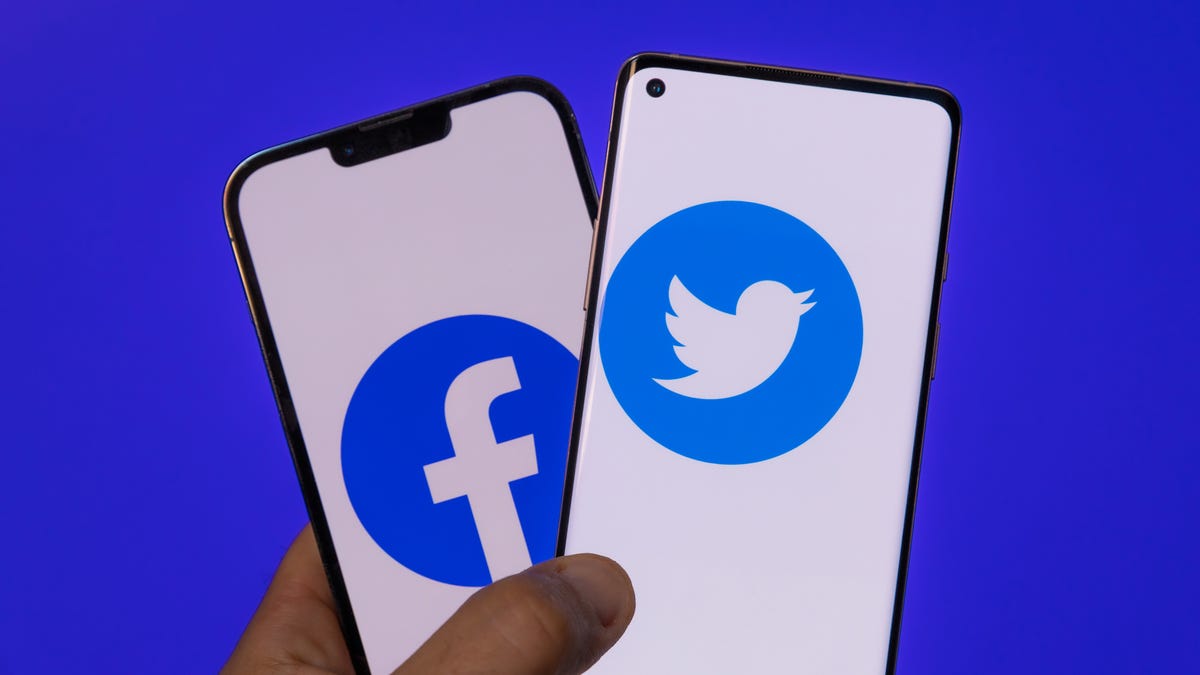Florida Bans Kids Under 14 From Having Social Media Accounts. Here's What's Going On
The new law, slated to go into effect Jan. 1, would be one of the most restrictive in the US.

Florida has banned children under 14 from having social media accounts.
Florida Gov. Ron DeSantis signed one of the country's most restrictive social media bills into law Monday, banning children under the age of 14 from having accounts and requiring children aged 14 to 16 to have parental consent to hold one.
In addition to restrictions on teenage use of social media, the law, known as HB 3, also requires age verification for anyone who wants to visit pornographic websites.
"Social media harms children in a variety of ways," DeSantis said in a statement Monday. "HB 3 gives parents a greater ability to protect their children."
The new law is schedule to go into effect Jan. 1, 2025, but is expected to face First Amendment-related legal challenges, NBC News reports.
Tech industry group NetChoice, which is associated with Meta, Google, X and TikTok, had urged DeSantis to veto the bill. On Monday, the group posted on X that the level of data collection companies would have to perform in order to comply with the law would put Floridans' privacy at risk.
"There are better ways to keep Floridians, their families and their data safe and secure online without violating their freedoms," Carl Szabo, NetChoice vice president and general counsel, said in a statement.
Florida isn't alone
The law makes Florida the latest of a series of states to debate or pass laws that restrict how young people access social media. Many of them have been driven by concerns raised by research leaked from within Facebook itself that found Instagram can have a negative impact on the mental health of teenagers.
Other states that have pushed similar bills include Arkansas, Louisiana, Ohio and Utah, though many of those bills are tied up in legal challenges over privacy and free speech concerns. California is also considering similar legislation called, Protecting Our Kids from Social Media Addiction, which is sponsored by the state's attorney general and co-authored by a bipartisan group of state senators.
The laws are part of a series of efforts by legislators around the world to ramp up regulation on the tech industry. The European Union recently handed out massive fines and enacted new rules forcing changes to how Apple, Alphabet, Meta and others compete and interoperate with one another.
Meanwhile, US lawmakers have also wrestled with concerns about social media's impact on national security. President Joe Biden said he would sign a bill that could block TikTok, which is highly popular with teenagers, on concerns of potential meddling from the Chinese government.
DeSantis, who has previously said he also supported a potential ban on TikTok, had vetoed an earlier version of Florida's law that would have banned children under 16 from holding certain social media accounts at all. At the time, DeSantis said he wanted to have parents involved.

